Decision support systems - GMEDS2EBNF
Academic year/semester: 2024/25/2
ECTS Credits: 4
Available for: Only for the faculty’s students
Lecture hours: 1
Seminarium:0
Practice: 0
Laboratory: 2
Consultation: 0
Prerequisites: -
Course Leader: Prof. Dr. habil. Andrea Tick
Faculty: Keleti Károly Faculty of Business and Management, 1084 Budapest, Tavaszmező utca 17.
Course Description:
Demonstrate the theoretical background and practical application of decision-making, including in solving technical and economic problems, and develop
decision-making skills. Today\"s reality is the partial or full automation of human thinking. Computer-based decision support systems, i.e. knowledge-based/expert
systems capable of dealing with uncertainty, are indispensable tools for making managerial decisions on complex problems. In knowledge-based/expert systems, soft
computing offers an alternative way of storing information in a crisp manner. They are also suitable for mathematical representation and management of knowledge, often
expressed in human language only, and for further refinement, which is subject to uncertainties.
Competences:
-
Topics:
1. Global overview, subject knowledge map
2. Data, information, knowledge interrelationship
3. Dimensions of knowledge, learning theory
4. Problem solving process, decision making
5. Types of rationality, thinking strategies
6. Decision-making models, heuristics
7. Role of information technology in decision making, knowledge-based technology
8. Inference mechanisms in knowledge-based systems
9. Structure of knowledge-based systems
10. Uncertainty management
11. Fuzzy logic, fuzzy systems
12. Other IT solutions (GSS, GDDS, TMS, etc.)
13. ICT, DESI analysis, generation problems
14. ICT problem areas in higher education and business innovation
Assessment: The course is taught in a blended format. The theoretical knowledge will be worked through independently in Moodle, and a case study will be uploaded for each of the two covariant methods and the software help for the laboratory exercises. A mid-term requirement is the successful completion of the self-tests for each topic of the theoretical material in the moodle system. The results of 51% of the tests are considered successful. The tests contain true-false, multiple-choice and fill-in-the-blank questions. The test can be solved more than once, as well as a self-solved problem solved in the laboratory exercises using deductive and inductive reasoning and uploaded in the specified format to the relevant interface of the Moodle system. Successful completion of the final test by the last week of the academic term, on a predetermined date. The test consists of true-false, multiple-choice and fill-in-the-blank questions. The test can be taken once. The mid-term grade is determined as the unweighted arithmetic average of the results of the final test and the independent laboratory exercises.
Exam Types:
Written Exam
Compulsory bibliography: -
Recommended bibliography: Jolán, Velencei ; Ágnes, Szeghegyi ; Zoltán, Baracskai ; Beatrix, Bókayné Andráskó:Modeling the intuitive decision-makers mindset Acta Polytechnica Hungarica(2019), Velencei, Jolán ; Szeghegyi, Ágnes: Decision making on the selection of a transport supplier: the applicability of an expert system. In Péter, Tamás (ed.) IFFK 2018: XII Innovation and Sustainable Surface Transport. Budapest, Hungary : Hungarian Academy of Engineering (MMA), (2018) pp. 1-5, 5p., Skala, K., Davidović, D., Afgan, E., Sović, I. &; Šojat, Z. (2015) Scalable Distributed Computing Hierarchy: Cloud, Fog and Dew Computing.
Additional bibliography: -
Additional Information: -



